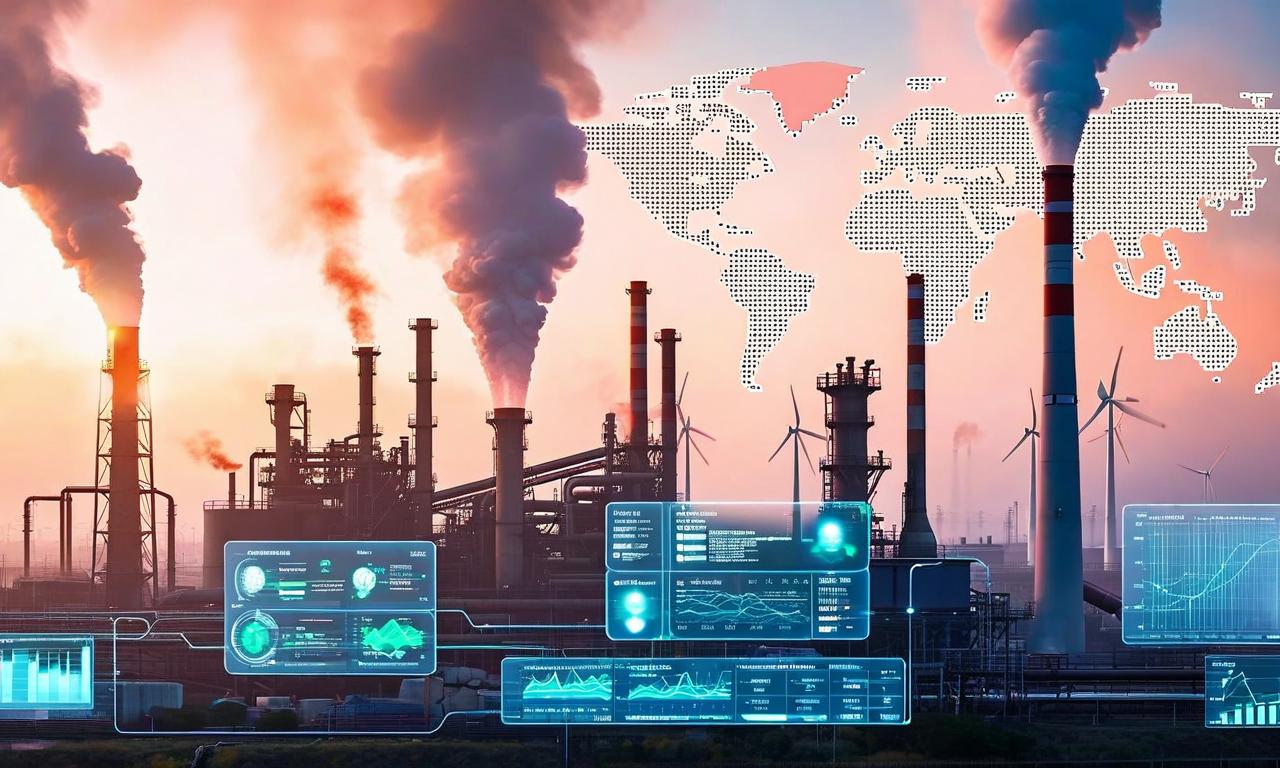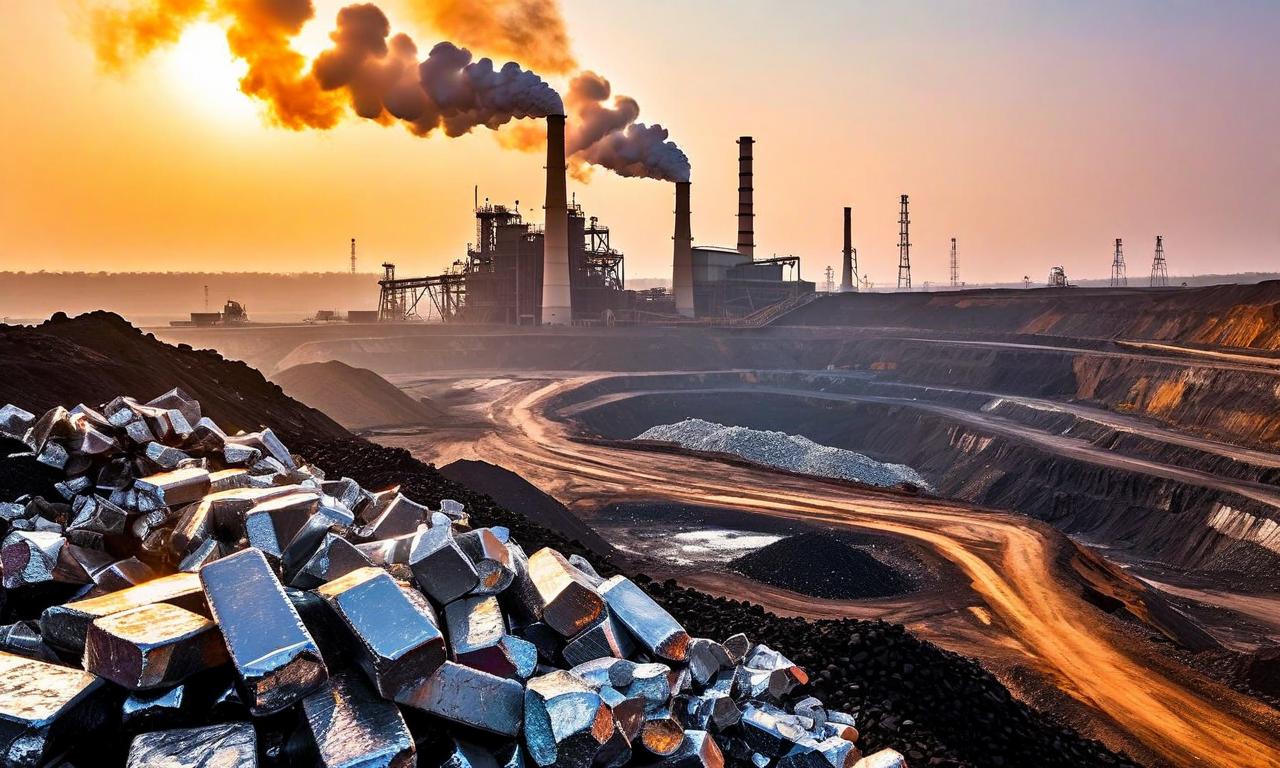China Unveils Ambitious Plan to Expand Carbon Market, Including Steel and Cement Sectors
China announced a significant expansion of its national carbon emissions trading market. The plan aims to incorporate major industrial sectors by 2027 and achieve full establishment by 2030. Starting in 2023, steel, aluminum, and cement industries will be added to the market with a two-year grace period. This expansion aligns with China's goal to peak carbon emissions by the end of the decade and demonstrates the country's commitment to using market mechanisms for emissions reduction. The move is expected to have significant implications for both industry practices and global climate efforts.

*this image is generated using AI for illustrative purposes only.
China has announced a significant expansion of its national carbon emissions trading market, aiming to incorporate major industrial sectors by 2027 and achieve full establishment by 2030. This move marks a substantial step forward in the country's efforts to combat climate change and reduce greenhouse gas emissions.
Expansion Timeline and Scope
The carbon market, which was launched four years ago, currently only covers power generators. However, the new plan outlines a phased approach to include some of China's most polluting industries:
- 2023: Three heavily polluting industries - steel, aluminum, and cement - will be added to the carbon market.
- 2027: Major industrial sectors are expected to be incorporated.
- 2030: Full establishment of the expanded carbon market is targeted.
Initial Implementation Strategy
For the newly added industries in 2023, China has adopted a pragmatic approach:
- Steel, aluminum, and cement sectors will initially operate under less stringent rules.
- These industries will have a two-year grace period with more lenient regulations.
- This strategy aims to allow these sectors time to adapt to the new carbon trading system.
Alignment with National Climate Goals
The expansion of the carbon market aligns closely with President Xi Jinping's climate commitments:
- It supports China's goal to peak its carbon emissions by the end of this decade.
- The move demonstrates China's commitment to utilizing market mechanisms to drive emissions reductions.
Implications for Industry and Environment
The inclusion of steel, aluminum, and cement industries is particularly significant:
- These sectors are among the largest contributors to industrial carbon emissions in China.
- Their participation in the carbon market could lead to substantial reductions in overall emissions.
- It may drive innovation in cleaner production technologies and processes within these industries.
Global Context
China's carbon market expansion carries global significance:
- As the world's largest emitter of greenhouse gases, China's actions have a substantial impact on global climate efforts.
- The expansion may influence other countries to strengthen their own carbon pricing mechanisms.
- It could potentially affect global markets for steel, aluminum, and cement, as Chinese producers adapt to new carbon constraints.
As China moves forward with this ambitious plan, the global community will be watching closely to see how effectively the world's largest carbon market can drive emissions reductions in some of the most challenging industrial sectors.
























